Learning during Covid-19
Learning during the Covid-19 crisis is often mischaracterized as online learning, but in reality, it more accurately falls under the category of Emergency Remote Teaching (ERT). Let’s delve into the literature to understand the nuances:
- Definition and Context:
- Online learning refers to well-planned educational experiences that are intentionally designed for online delivery. These courses are developed with pedagogical considerations, structured content, and interactive elements.
- Emergency Remote Teaching (ERT), on the other hand, is a rapid response to unforeseen circumstances (such as the Covid-19 pandemic) that force an immediate shift from face-to-face instruction to remote modes. It lacks the deliberate planning and design associated with traditional online learning.
- Challenges and Differences:
- Technological Challenges:
- ERT faces issues related to unreliable internet connections and students’ lack of necessary electronic devices.
- Pedagogical Challenges:
- Teachers and learners often lack digital skills during ERT.
- The abundance of online resources without structured content can be overwhelming.
- Learners may lack interactivity and motivation.
- Teachers struggle with social and cognitive presence (the ability to construct meaning through sustained communication within a community of inquiry).
- Social Challenges:
- Human interaction between teachers and students is reduced.
- Lack of physical spaces at home for receiving lessons.
- Parents working remotely in the same spaces may hinder support for students.
- Technological Challenges:
- Lessons Learned and Proposals for Action:
- Based on global ERT experiences during the pandemic, several proposals emerge:
- Address technological gaps (improve internet access, provide devices).
- Enhance digital literacy for both educators and learners.
- Balance online resources with structured content.
- Foster interactivity and motivation.
- Prioritize social and cognitive presence.
- Consider the social context of learners (home environments, parental support).
- Based on global ERT experiences during the pandemic, several proposals emerge:
In summary, while online learning is a well-thought-out educational approach, ERT is a rapid adaptation necessitated by emergencies. Understanding this distinction is crucial for effective educational responses during crises12.





